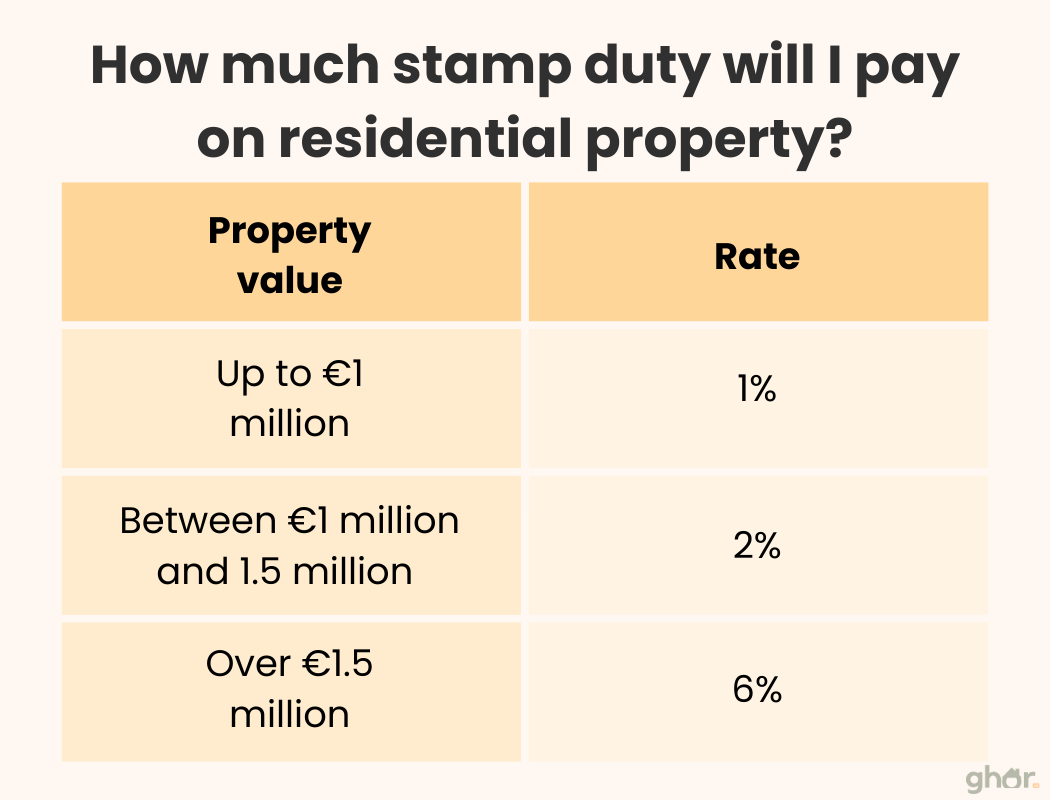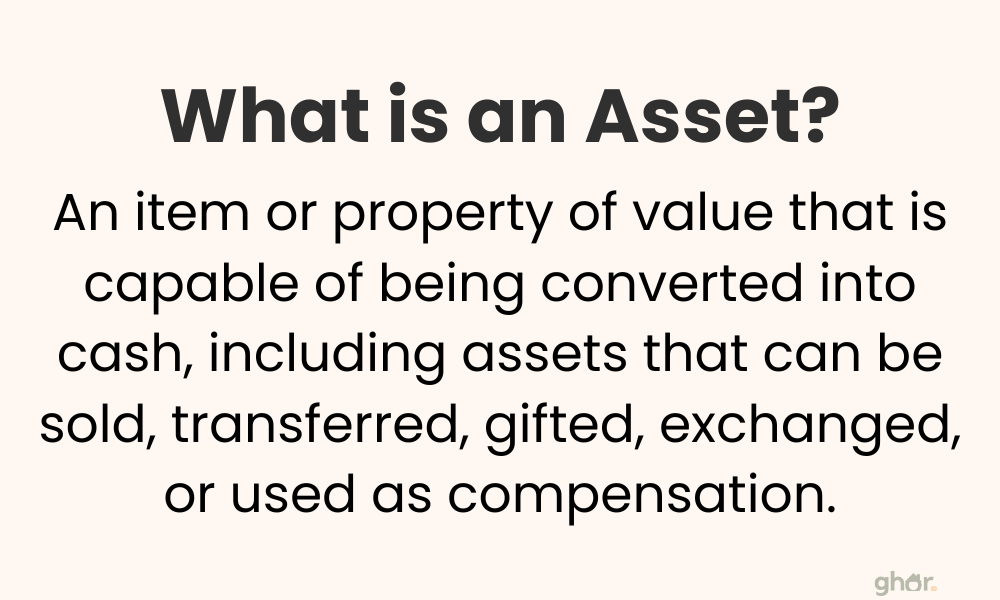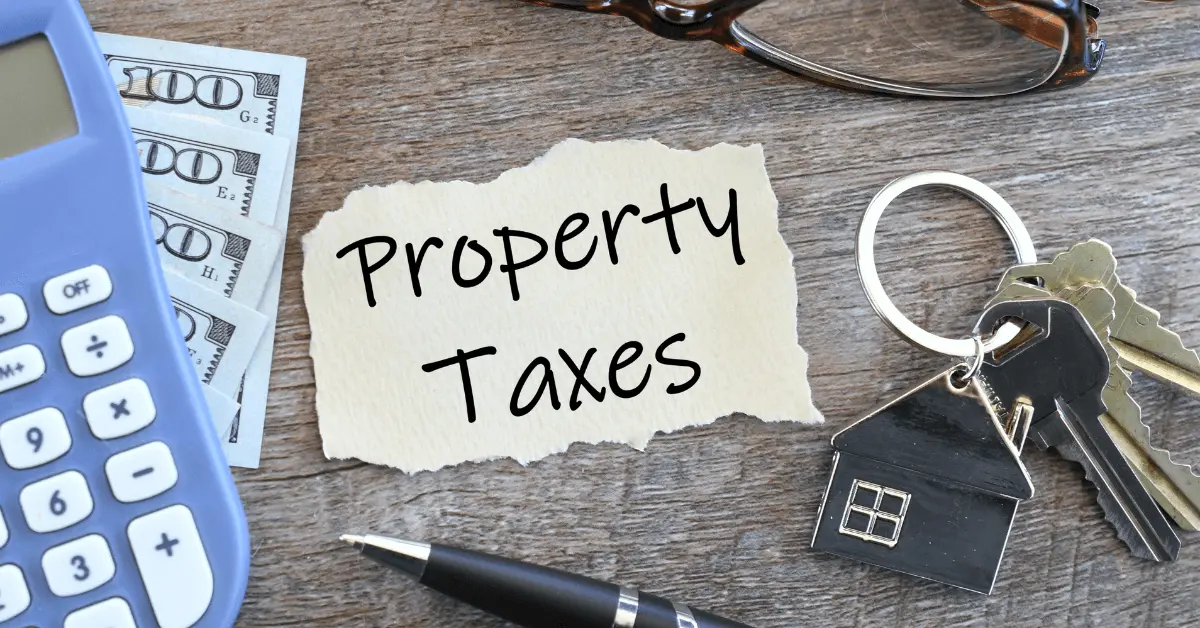Property tax in Ireland is a critical consideration for homeowners and potential buyers. Understanding how it works will help you financially prepare when buying or selling property. In this guide, we will discuss the various taxes, how they are calculated, penalties for non-payment, and other essential information.
Stamp Duty Basics
When you transfer property, you are required to pay a tax known as stamp duty. This tax is charged to the written documents that transfer ownership of land and buildings situated in Ireland. Usually, these documents include ‘Deeds of Transfer’ or ‘Deeds of Conveyance’.
Who Pays Stamp Duty?
It applies to the following:
- Residential Property: Houses, duplexes and apartments
- Sites: Sold with a commitment to build as part of the agreement
- Non-residential Property: Land or housing sites without residential buildings
Note: In Ireland, residential stamp duty Ireland, is solely based on the value of your property. Buying 10 or more residential houses or duplex at once can trigger higher stamp duty rate.That said, the general residential stamp duty rate in Ireland is:

What is Property Tax In Ireland?
In Ireland, property tax is an annual charge determined by the property’s market value. Local Property Tax (LPT) was introduced in 2013 that’s used to fund local services like roads, parks, and libraries. By replacing the household charges system, it required owners to self-assess and pay the tax annually.
This tax includes several fees collected by the Irish Tax and Customs Revenue Agency on residential and non-residential properties. In addition to this, foreigners and non-residents in Ireland may be obliged to pay the tax depending on the asset type and condition.
Who must Pay Property Tax?
You need to pay the tax if you own residential property including rentals on 1 November, which is known as the liability date. Moreover, it applies to anyone such as:
- Homeowners
- Landlords
- Non-residents or foreigner
- Companies
Please Note: If multiple people claim the property, they must agree on who will pay the tax. Otherwise, the authority can collect it from any of the owners.
How Much is Property Tax in Ireland?
Based on the nature of the transaction, you can find multiple types of Ireland housing tax. The amount of tax depends upon so many factors.
Rental Income
When you receive money from your rental property in Ireland, it is considered normal income. Based on your circumstances, it’s taxed at the same rates as your employment income. As it all depends upon your income level, for some investors it is typically either 20 or 40%.
Property Tax
Owners of commercial property such as shops, offices, factories, and warehouses have to pay commercial rates in Ireland. The location, type, and local authority values set by the Valuation Office of Ireland determine the payable rate. They pay these rates to local authorities usually in two instalments annually.
Payment: 1st: Details: due in the first quarter of the year
Payment: 2nd: Details: due in the third quarter of the year.
Capital Gains Tax
The amount you pay on the profit you make while disposing of your asset is called CGT. Only the chargeable gain is subject to tax, not the full amount you receive. However, the rate of CGT is 33% for most gains in Dublin. The other rate for specific gains is 40% which incorporates foreign life policies and foreign investment products.

Inheritance Tax
Inheritance Tax refers to the tax on the assets of deceased persons that are passed on to their heirs. Currently, the Irish property tax rate for inheritance is 33% on amounts over €335,000.
How to Pay Property Tax Ireland?
You can opt for any method while paying housing tax:
Debit/Credit Card
If you want to process your payment immediately, you can choose this option.
Cash Payments
You can pay your tax in cash through an approved Payment Service Provider. However, some transaction charges usually apply.
Deduction at Source
This method allows you to get the payment deducted from your wages or occupational pension. Additionally, the LPT can be deducted from payments you receive from the Department of Social Protection (DSP). It can also be deducted from payments issued by the Department of Agriculture, Food and the Marine (DAFM).
Online Payment
Some taxes like Local Property Tax, Capital Gains Tax, and Stamp Duty are eligible to be paid online. Use ROS (Revenue Online Service) or myAccount.
LPT in Full Single Payment:
LPT in Installments:
What are the Penalties for Not Paying Property Tax?
According to rules of Irish property tax system, If you don’t respond to the revenue authorities within a specified time, they will utilise the following collection options:
- Mandatory deduction from your salary or occupational pension.
- Withholding of any tax refund or other tax as payment against LPT due
- Denial of Tax Clearance Certification
- LPT surcharge applied to Income Tax, Corporation Tax, or Capital Gains Tax returns
- Yearly Interest charges of 8% may apply with additional penalties
- Referral of the debt to a sheriff or a solicitor for enforcement and collection
Exemption from Property Tax Ireland for 2022 to 2025
A property may be exempt from real estate tax if it is that:
- The owner is unable to live in the house because of illness or disability
- It was bought, built, or adapted for someone who is permanently and completely incapacitated
- Has a significant level of pyrite damage
- Was built using defective concrete
- Is owned by a charity or a public body and is used for certain purposes
- Is a registered nursing home
- Is commercial property
2025 Changes to Property Tax Rates
In 2025, significant updates will be made to the LPT structure to reflect the current real estate market values accurately. Here are the major local property tax ireland changes:
Revised Valuation Bands
The Irish government updated the valuation bands. The reason behind this change was to reflect the rise in property values to ensure fair distribution of tax responsibilities. To decrease the effect of high real estate prices, the government expanded LPT valuation bands by 20%.
Rate Modifications
Based on your property’s assessed value, the tax rate may have increased or decreased. This is intended to level the playing field and balance the tax burden across various property tiers.
Regional Differences
The rate of taxes in Ireland varies by location as well. The aim is to recognise the diverse economic landscapes across all counties.
Tips to Manage Property Tax Obligations
- Keeping Track of Value: Stay informed about changes in the property market.
- Budgeting for Home Taxes: Homebuyers, especially those who purchase a second home should budget for these taxes in advance.
Conclusion
In a nutshell, all owners and purchasers must be aware of taxes. By doing so, you can ensure compliance by covering all bases and avoiding penalties. Make a confident decision by exploring our more detailed guides about property in Dublin.
FAQs
How Property Value Affects Your Taxes?
The higher the value of your property, the more stamp duty you will need to pay for it in Ireland, especially in Dublin.
How to Calculate Property Tax?
Visit the Revenue website and use their Local Property Tax Ireland calculator: Enter taxable period, local authority, and the value band to see the amount. For accuracy, consult a financial expert.
How Do Property Taxes Work In Ireland?
Homeowners in Ireland pay local property tax determined by the market value of their residential asset.





